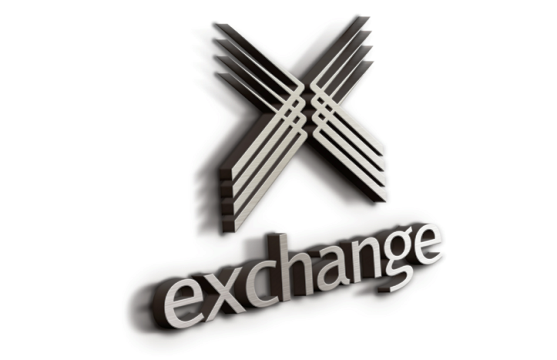By Osasome, C.O
The Nigerian Communications Commission (NCC) has granted approval to MTN Nigeria Communications Limited (MTN) to disconnect Exchange Telecommunications Limited (Exchange) from its network due to non-payment of interconnect charges.
RELATED: NCC authorises MTN to disconnect Globacom over interconnect debt, triggering fears of mass subscriber porting
NCC Sanctions Exchange Telecommunications as MTN Enforces Disconnection
The NCC announced this decision in a pre-disconnection notice issued in accordance with the Nigerian Communications Act 2003 and the Guidelines for Procedure for Granting Approval to Disconnect Telecommunications Operators, 2012.
In the notice signed by Reuben Muoka, NCC’s Director of Public Affairs, the commission stated:
“Exchange was notified of the application and given the opportunity to comment and present its case. After examining the application and circumstances surrounding the debt, the Commission determined that Exchange has no sufficient justification for failing to pay the interconnect charges.”
NCC Approves MTN’s Action: Key Points
The public was advised to take note of the following:
- The NCC has approved MTN’s disconnection of Exchange Telecommunications in line with Section 100 of the Nigerian Communications Act, 2003 and relevant guidelines.
- After five days from the date of the notice, MTN will stop routing voice and data traffic through Exchange and will adopt alternative interconnection channels with other network providers.
- This disconnection will remain in effect until further directives from the NCC.
Impact on Exchange Telecommunications Limited
The NCC’s decision came after a thorough review, which concluded that Exchange Telecommunications’ inability to settle the interconnect charges was unjustifiable.
Exchange Telecommunications Limited was founded in 2001.It is Nigeria’s largest local and international Interconnect Carrier. The company is operating four Points-Of-Interconnect nationwide through a robust fibre ring for stability and efficiency. However, industry analysts warn that the company risks losing relevance in the market due to this regulatory setback.
MTN is the dominant player in Nigeria’s telecom industry with over 67 million subscribers. It is expected to continue its operations without disruptions, leveraging alternative interconnection channels.































